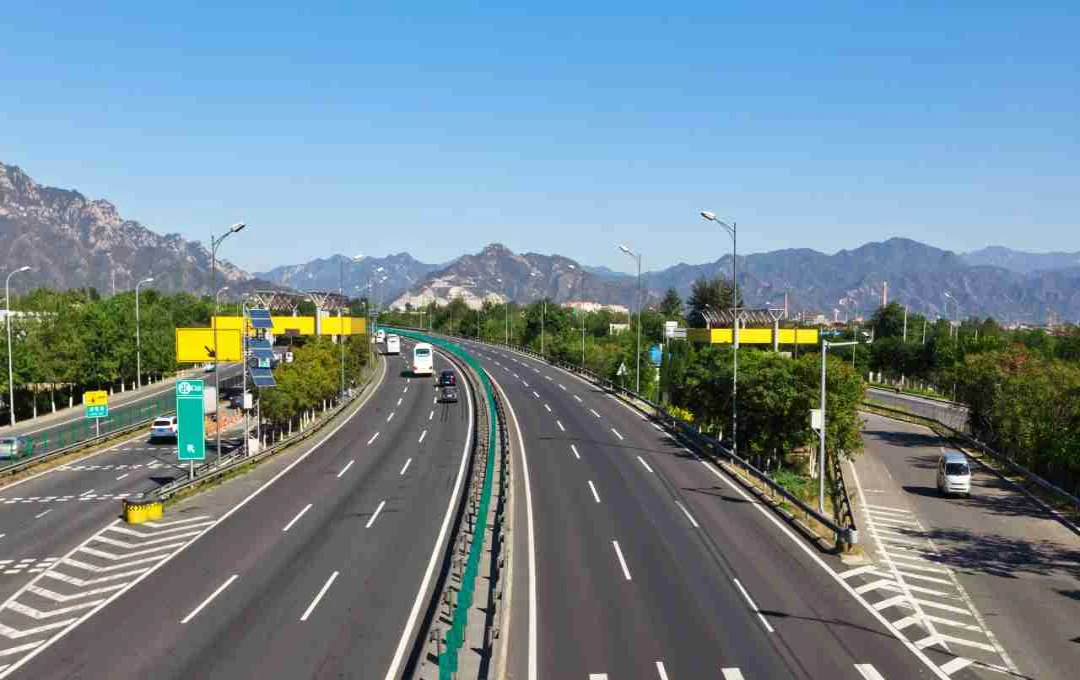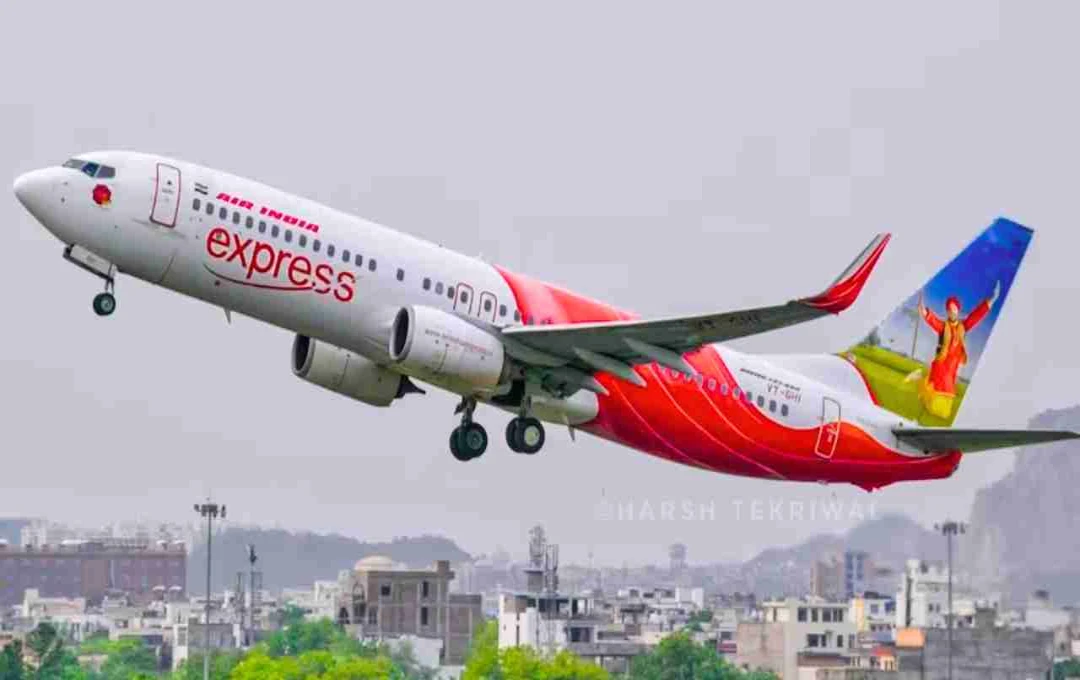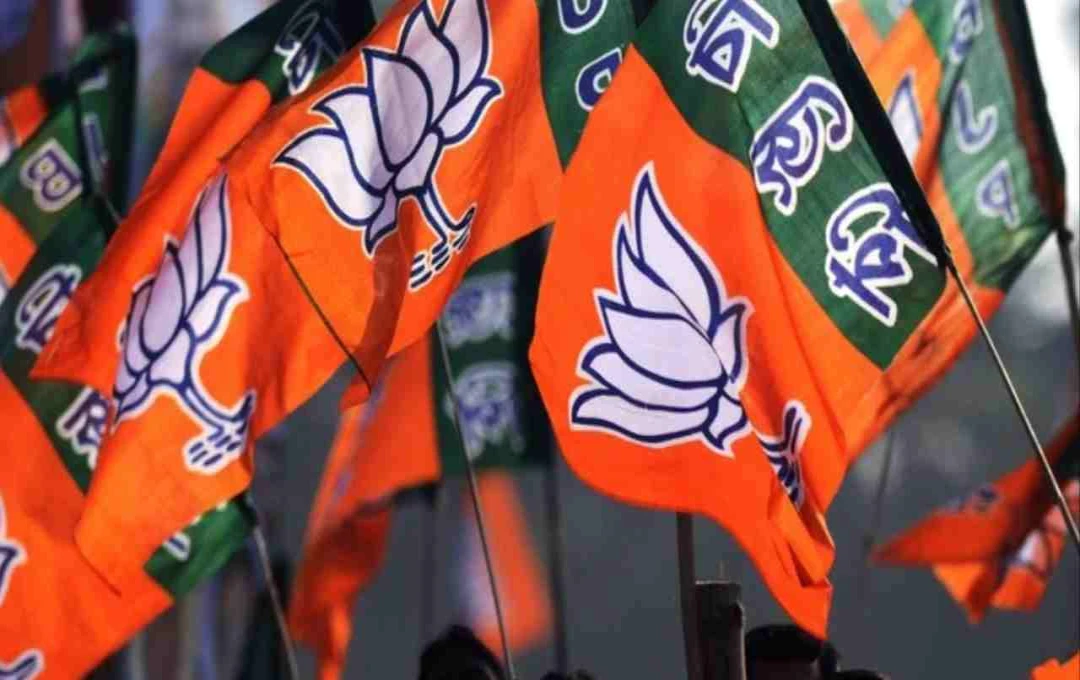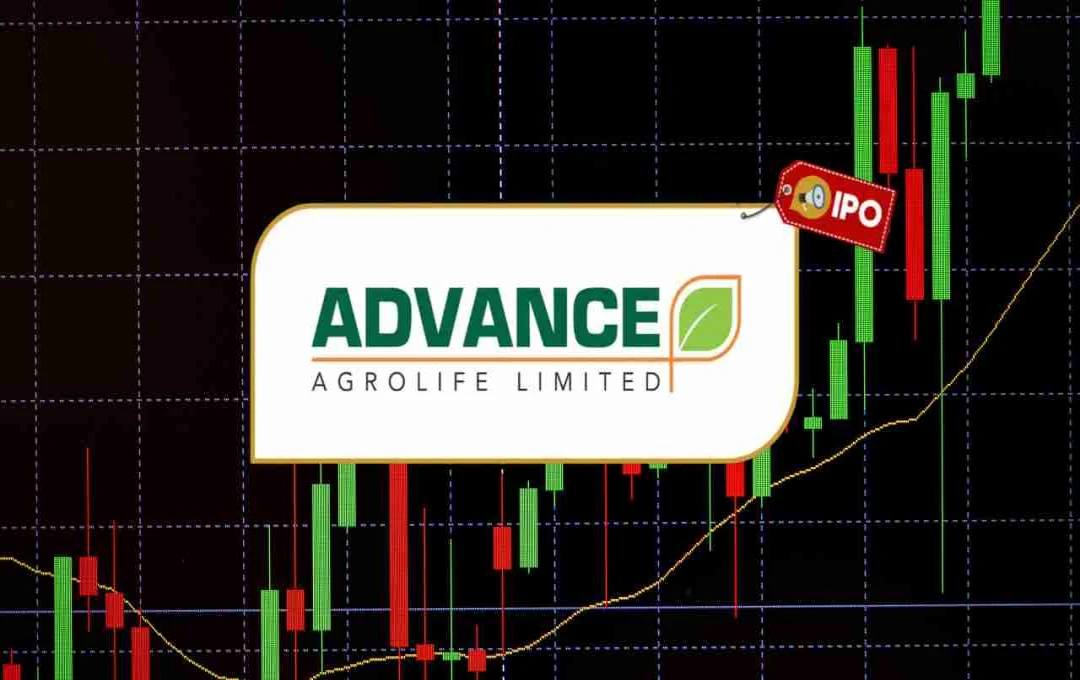Several major Indian companies are awaiting licenses to purchase rare-earth magnets from China, a requirement imposed by China's Ministry of Commerce.
New Delhi: Leading Indian automobile and electric equipment manufacturers are currently awaiting approval from China. The issue concerns the import of rare-earth magnets, crucial components in high-tech electric motors and automotive parts. China implemented new export restrictions on rare-earth magnets in April 2024, impacting Indian companies' supply chains.
Companies such as TVS Motor, Bosch India, Uno Minda, M&M Electric Drives India, and Marelli Powertrain India are among those awaiting licenses to import rare-earth magnets from China. The number of companies awaiting licenses has increased from 11 to 21. Worryingly, these companies' stock may run out by early July, potentially disrupting production.
Why are Rare-Earth Magnets Essential?
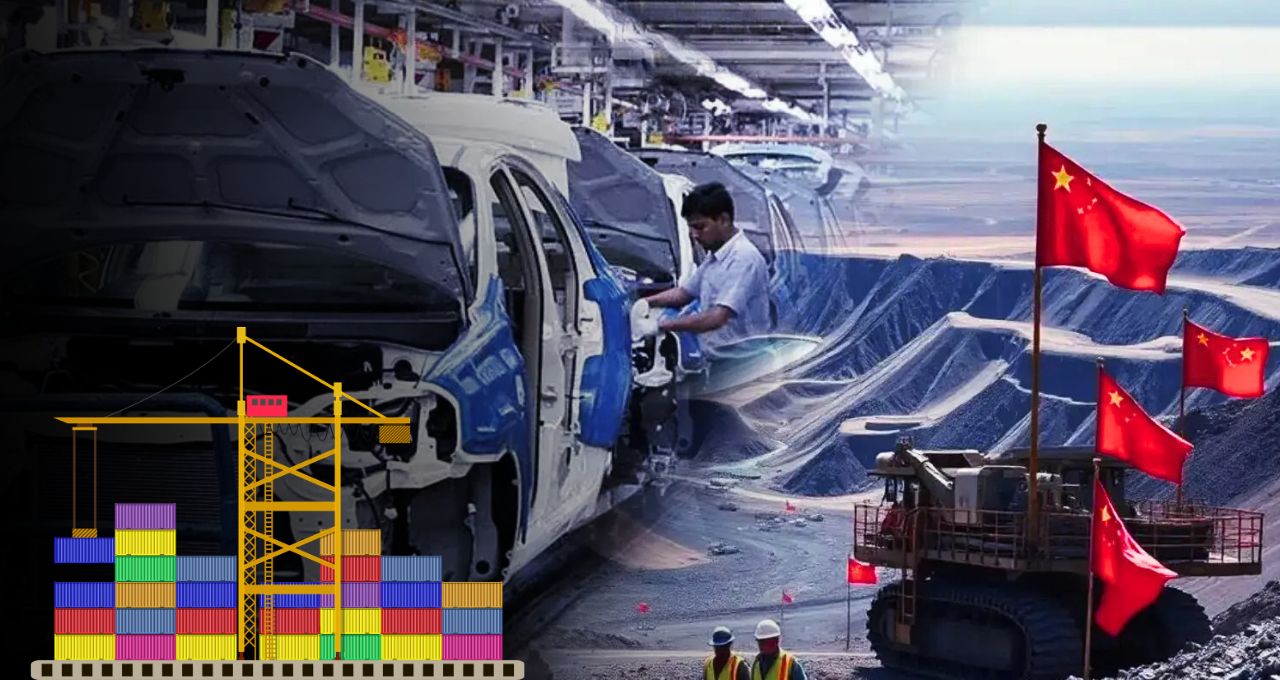
Rare-earth magnets, particularly neodymium and samarium cobalt, are indispensable for high-efficiency motors and electric vehicles. They are used in steering systems, braking systems, sensors, drive motors, and wind turbines. The mineral availability of these elements is extremely limited, with China being the largest producer and exporter.
New Chinese Policy Exacerbates Difficulties for Indian Companies
On April 4, 2024, China mandated licenses for the export of medium and heavy rare-earth magnets. Now, only after obtaining permission from China's Ministry of Commerce can foreign companies import them. Furthermore, importing companies must prove that these magnets will not be used in the manufacture of weapons or dangerous technology.
This regulation has become a major hurdle for Indian companies. Almost all companies have sent the necessary documents to their Chinese suppliers, but none have received licenses yet.
Key Companies Awaiting Licenses
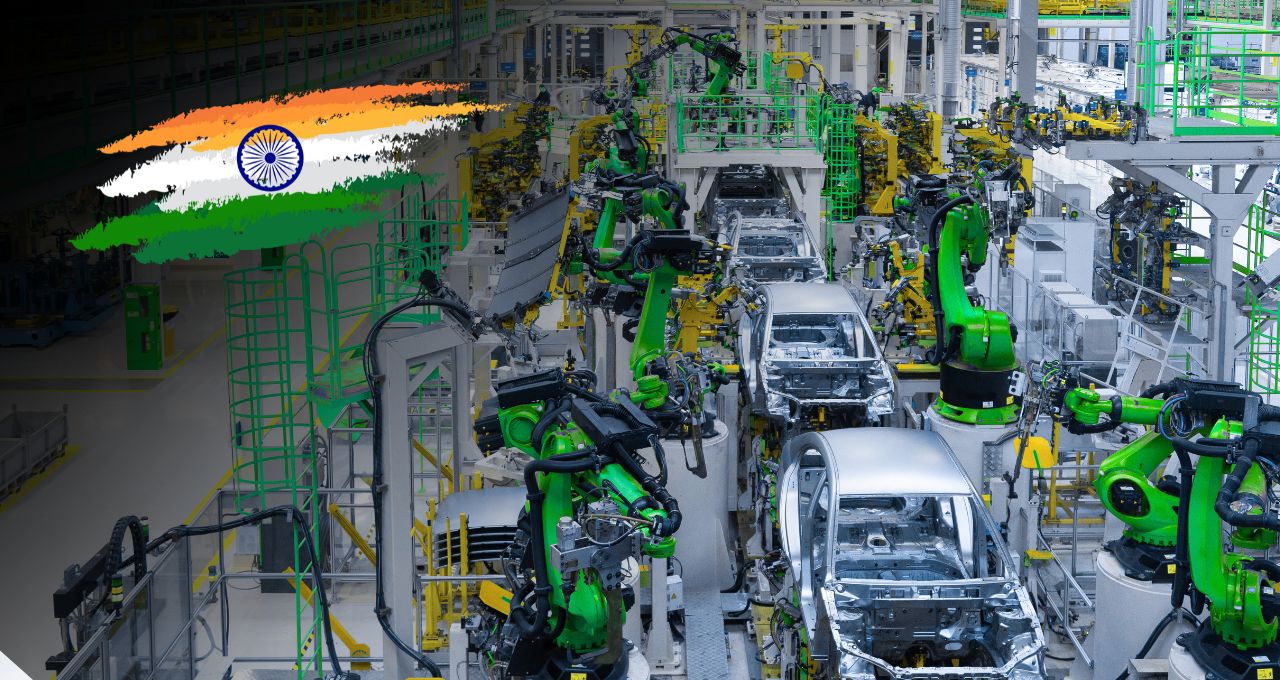
Several well-known brands are currently awaiting approval from China:
- TVS Motor
- Bosch India
- M&M Electric Drives India
- Marelli Powertrain India
- Uno Minda
- Sonaca Comstar
It is noteworthy that Sonaca Comstar's initial application was rejected due to incomplete documentation. The company has reapplied and is now also awaiting Chinese approval.
Risk of Supply Disruption
Industry sources suggest that if licenses are not issued by the first week of July, these companies' production processes will be affected. This could lead to delays in the supply of electric vehicles and automotive components, and directly impact domestic vehicle production and delivery.
Government's Diplomatic Efforts Ongoing, but Results Inconclusive
The Indian government is engaging with Chinese officials regarding this crisis. However, no clear solution has been found yet. While European companies have received licenses from China, their Indian branches are yet to receive permission. This has created a sense of disappointment within the Indian industry.
India's Import Dependence and Expenditure
According to the Society of Indian Automobile Manufacturers (SIAM), a total of 52 Indian companies import rare-earth magnets from China. In the fiscal year 2024-25, India spent ₹306 crore (approximately $37 million USD) on importing 870 tons of rare-earth magnets. This figure highlights India's significant dependence on China for these rare minerals.
Seeking Alternatives and the Challenge of Self-Reliance
The current crisis has compelled India to consider how it can achieve self-reliance in rare-earth minerals. While India possesses rare-earth elements, their extraction is limited due to technological constraints and environmental concerns. If India is to advance in global competition, it must take concrete steps towards securing its own supply of these resources.


